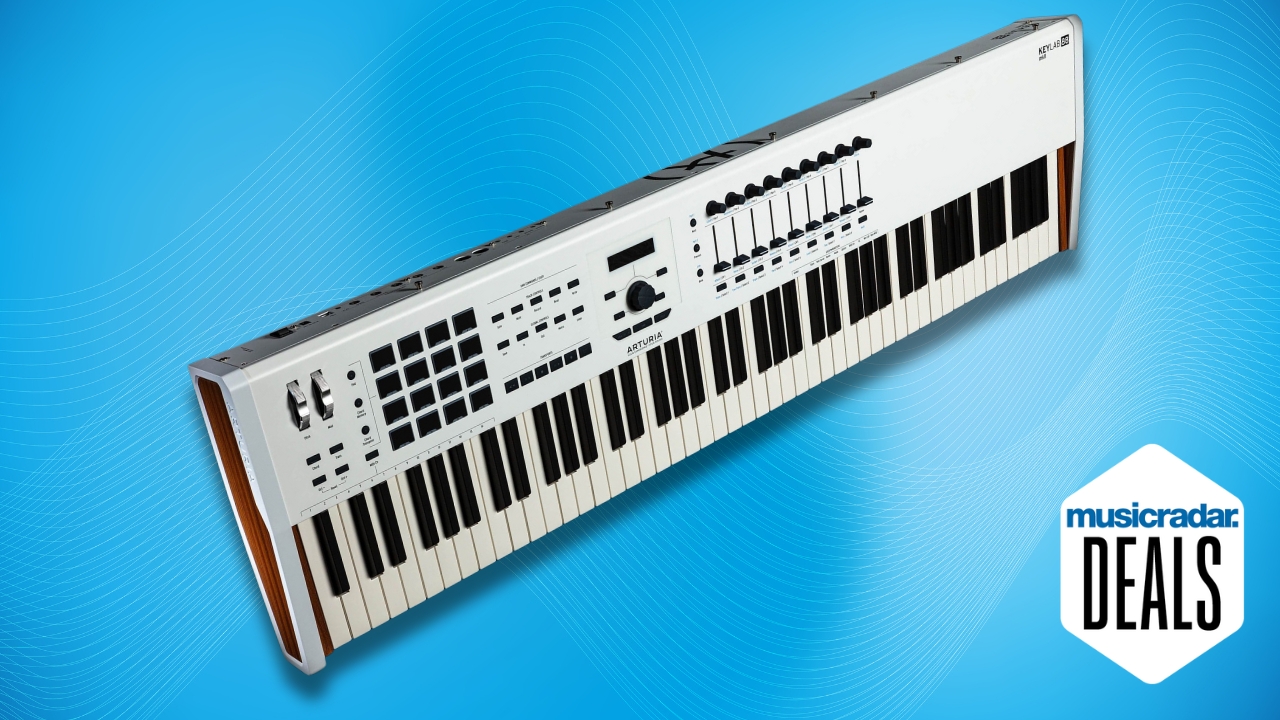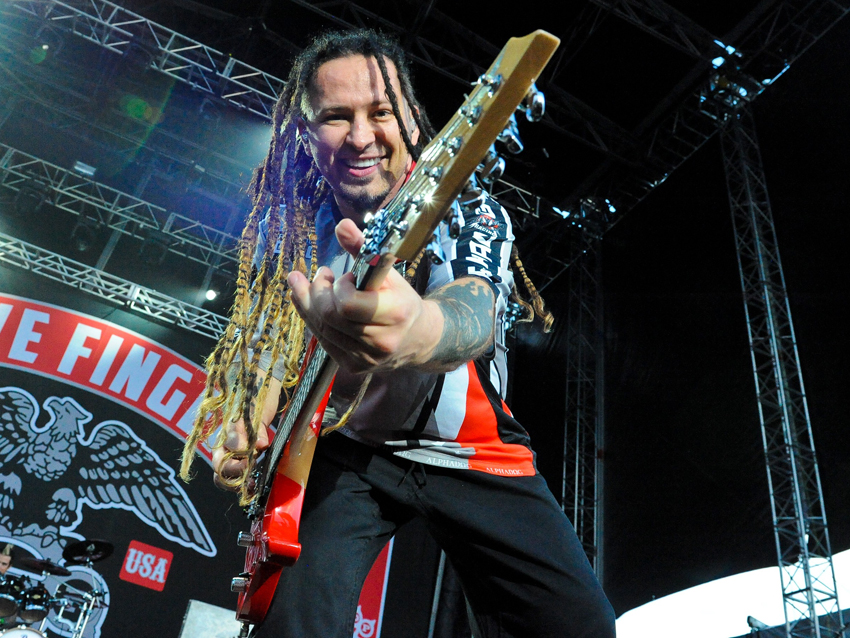
Zoltan Bathory picks 10 essential guitar albums
Although metal titans Five Finger Death Punch have a busy summer ahead of them filled with high-profile appearances at rock festivals across the globe, guitarist Zoltan Bathory is already counting the days until the band's co-headline tour with Volbeat this fall (the bill also includes Hellyeah and Nothing More).
“Festivals are cool, but there's nothing like doing your own show," Bathory says. "Last year, we did the Mayhem Fest with Rob Zombie, just as our first Wrong Side Of Heaven record came out [The Wrong Side Of Heaven And The Righteous Side Of Hell, Volume 1; Volume 2 came out last November]. You don’t really get to do your full show on something like that. This co-headline tour with Volbeat gives us a chance to play for over an hour, so we can dip into the new albums as much as we like.”
The decision to co-headline with Danish hard rockers Volbeat was one that 5FDP had been considering for a while – the two bands had played together on various festivals bills in the past. "We know each other a bit but not that well," Bathory says. "Whenever you’re putting together a tour, you have to look at what another band can bring to the show. In the case of Volbeat, their music is different from ours but not too different. And both bands have very loyal fans, so putting the two groups together should make for a really great bill that pleases a lot of people.”
Prep for a headlining tour involves weeks of pre-production, but according to Bathory, three months of festival workouts will have his guitar chops good to go. "As it stands now, I don't have to practice much," he says. "But after doing a bunch of gigs, the guitar playing comes pretty naturally. Not that I'm lazy, but I have been playing for decades, so picking up the guitar and doing what I do is something I have at my disposal. And if I am rusty, we'll do pre-production, so I'll be all warmed up before we do that first show.”
Fore more information on Five Finger Death Punch's co-headline tour with Volbeat, visit the official 5FDP site. On the following pages, Zoltan Bathory runs down his picks for 10 essential guitar albums.
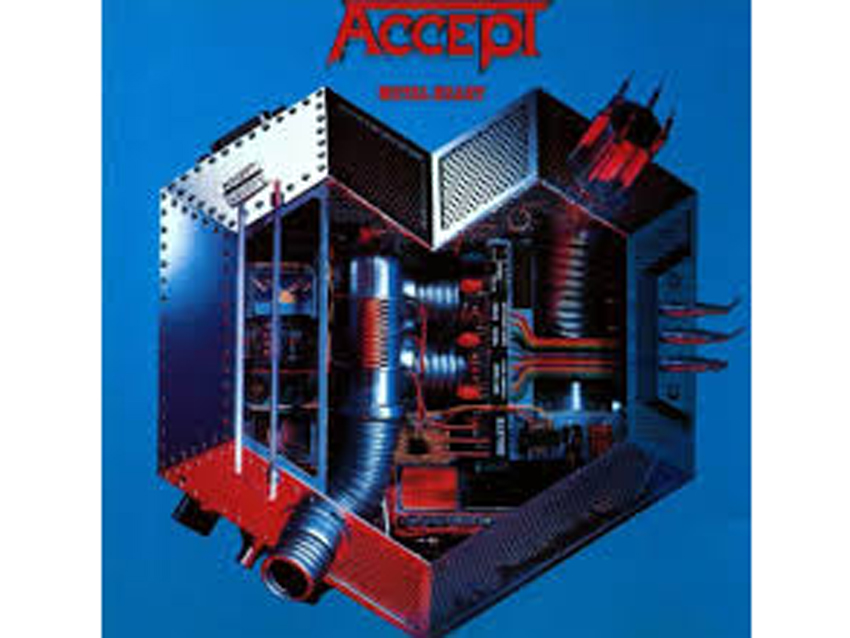
Accept - Metal Heart (1985)
“Wolf Hoffmann is one of my favorite guitarists. To this day, I marvel at what a well-balanced player he is. I don’t think he got the kind of recognition he deserved – he was never put in the same league of, say, Yngwie Malmsteen – but he made a huge impression on me.
“He wasn't that flashy, but he was very tasty. He played with a kind of thoughtfulness and precision; he didn’t just go off and play whatever. When I was a little kid, I heard Wolf’s playing and it really meant a lot to me, and as I discovered more and more hard rock and heavy metal, it hit me even deeper. A phenomenal guitarist.”
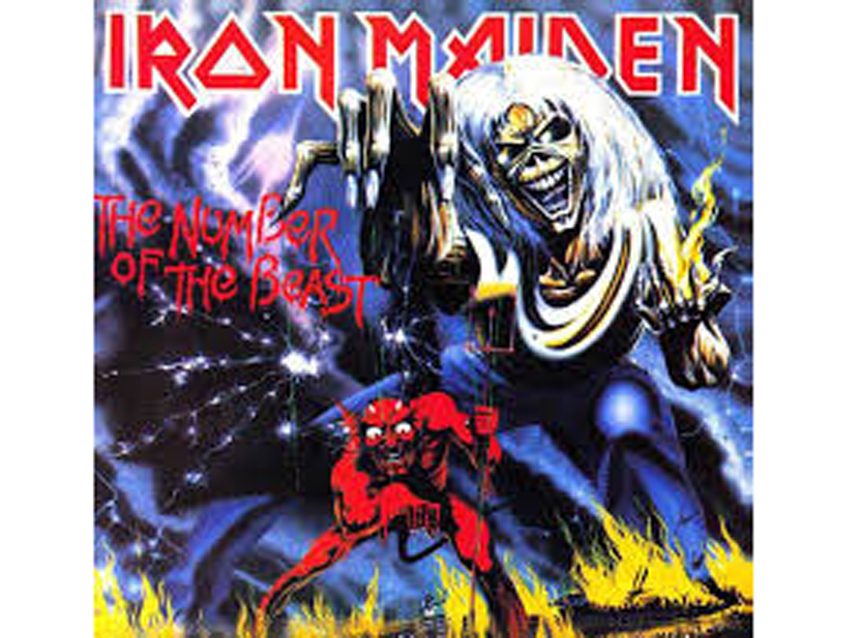
Iron Maiden - The Number Of The Beast (1982)
“For me, this is the first record that really brought heavy metal and guitar music into focus; it took the spotlight away from pop. It has some of my favorite lead guitar tones – very biting and intense. It brings back the glory days of metal.
I’ve always thought that both guitarists were almost equal, but something about Adrian Smith’s playing stuck out a little bit. He was quieter, whereas Dave Murray was more ‘out there’ with his tone. But they both worked beautifully together – two guys who really know how to complete each other's thoughts."
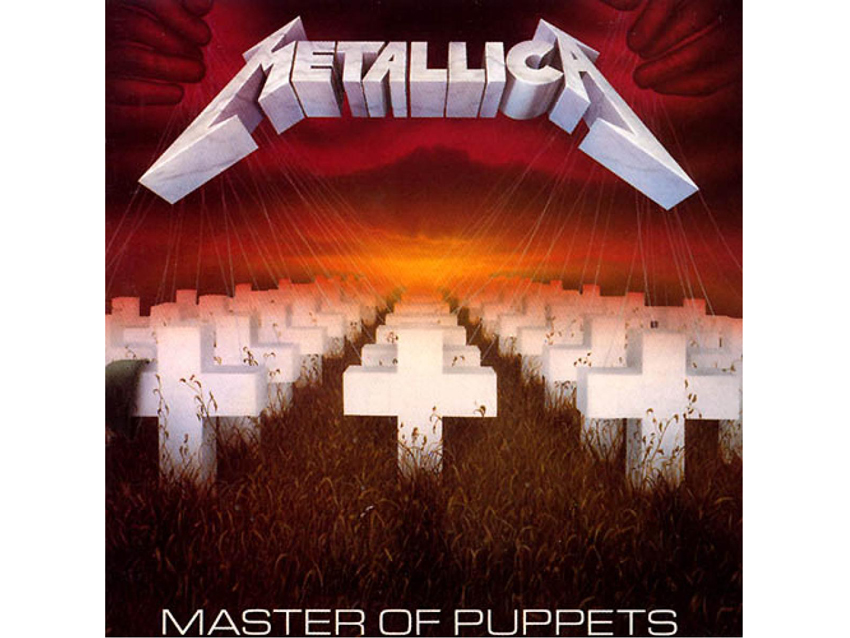
Metallica - Master Of Puppets (1986)
“James Hetfield's right hand – does it get any better than that? That's what makes this an essential metal record, that incredible rhythm playing. Being European, I thought that this was a really interesting record because it seemed to be a mixture of American and European metal sensibilities. And Metallica made that combination work beautifully too.
“Kirk Hammett’s playing is great because he has a little bit of a classical influence going on. But James’ right hand – that was the sound. It's this huge, powerful attack. It was the direction for many, many metal bands that followed. Hetfield was super influential.”
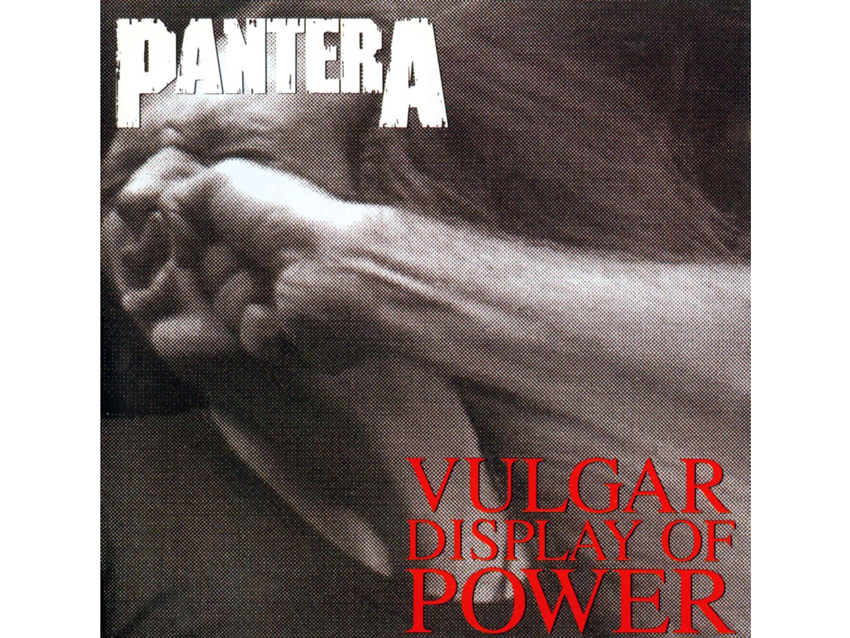
Pantera - Vulgar Display Of Power (1992)
“Although Dimebag had a profound influence on me, to be honest, I didn’t quite understand the band at first. To me, they were almost like Metallica with one guitar. And they had a very distinctly American sound, way more than Metallica.
“What made me appreciate the band was seeing them live. That’s when I realized that even a very heavy metal band can still come from rhythm and blues. Everything is focused around the rhythm and the grooves, whereas with European music it stems from melody and harmony. I didn’t feel that in my gut until I saw Pantera live, and then it all made sense.”
“With Five Finger Death Punch, I hade the idea of marrying the two schools of thought, the American power groove with the European harmony-melody base. That’s what Five Finger Death Punch became, and half of that influence came from Pantera.”
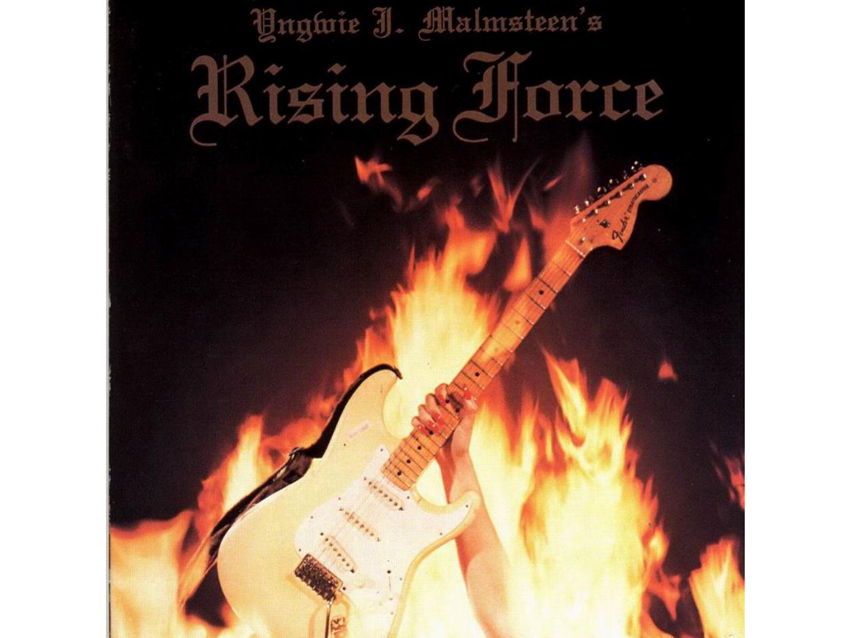
Yngwie Malmsteen - Rising Force (1984)
“This was the album that made me say, ‘Holy shit! How is that even possible?’ As a guitar record, it floored me. I listened to Rising Force, and all I could think was, ‘Oh, my God, I’ve got to practice.’
“To this day, I don’t think that anybody can really touch Yngwie. He mastered the guitar so completely, and his style is utterly unique. Sure, you can pick out some Blackmore here and there, but on the whole Yngwie was really his own man.
“I never tried to scallop my guitar necks, but I did attempt to learn Yngwie’s licks. For a moment, I got pretty good at it, but then I went in a different direction and concentrated more on songwriting. So I made a huge U-turn and started listening to The Beatles, which really helped me to mature as a writer. But I can’t deny Yngwie’s brilliance as a guitarist. He’s a legend.”
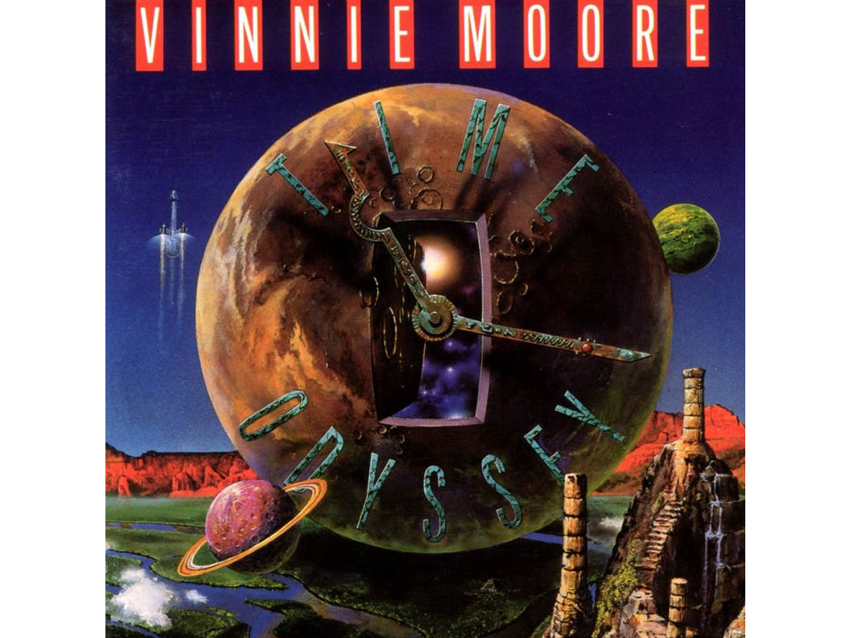
Vinnie Moore - Time Odyssey (1988)
“This came straight out of the Yngwie thing. Once I heard Yngwie, I started listening to everyone else – Tony MacAlpine, Cacophony with Jason Becker and Marty Friedman, all of those guys. I think most of them were playing Ibanez Roadsters.
“To me, this was the next level of virtuoso guitar playing. Vinnie’s legato sweeps were the cleanest I’ve ever heard. For as long as I’ll live, I’ll never be able to touch that level of excellence. You have to sit in a room and practice for eight hours a day to get that good – I just don’t have the time.
“The compositions are solid too, so it’s not all about the guitar alone; the record is tight as a musical listening experience.”
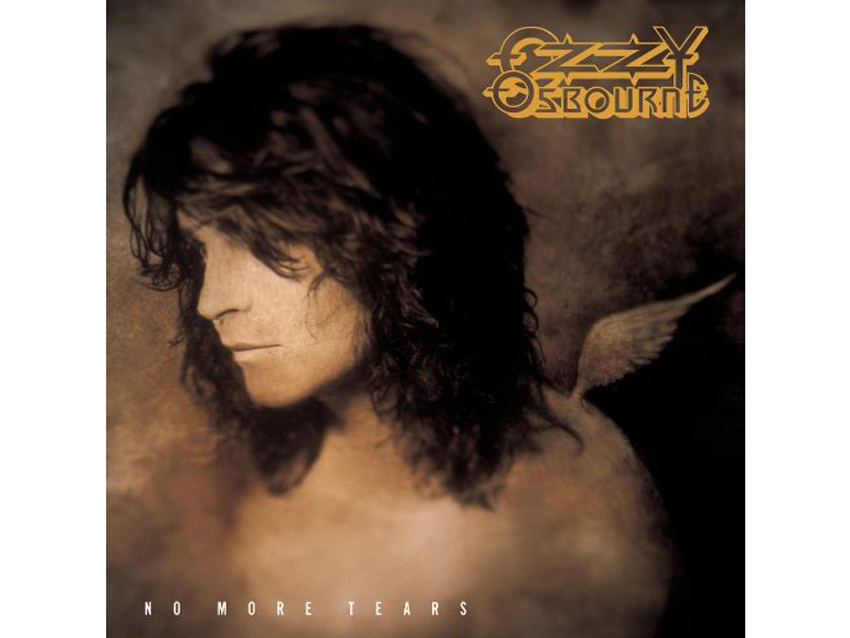
Ozzy Osbourne - No More Tears (1991)
“Zakk Wylde just rocks the planet. For many guitarists, if you’re a rhythm player, you’re a rhythm player; if you’re a soloist, you’re a soloist. It’s difficult to be both, but Zakk pulls it off – and kicks everybody’s ass.
“In my opinion, this was Zakk Wylde’s defining moment; it’s the record where he truly announced that he was his own guy and he wasn’t going to try to fit in or do what any other guitarist had done. It’s solid as hell, the riffs are heavy as fuck, the leads are great, the rhythms are huge – everything is massive.
“It’s as if Zakk were saying to everybody, ‘OK, this is how it sounds when a guitarist plays with balls.’”
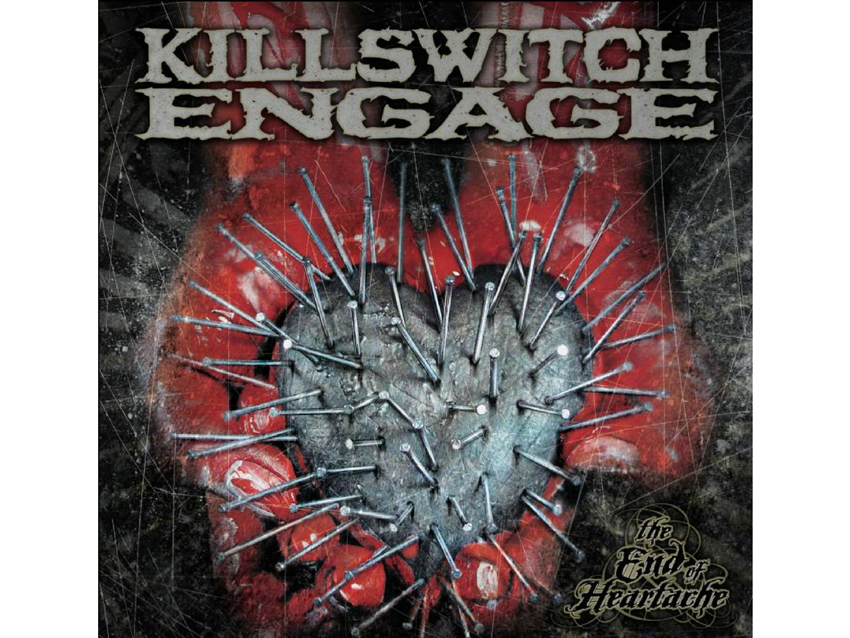
Killswitch Engage - The End Of Heartache (2004)
“They’re an extremely important band, not just because of the guitar playing, which is phenomenal, but because they’re the full metal package. When Killswitch Engage came along, I thought, ‘These guys are really keeping the flame alive.’ It felt like a renaissance of metal.
“Around 1994 or ’95, it seemed as though guitar playing was taking a back seat to everything else. Grunge was around, and while I can appreciate what they did as songwriters – they wrote some amazing songs – the guitar playing wasn’t always inspiring.
“The kind of guitar playing that I like was brought back with Killswitch Engage. They have a lot of great albums, but The End Of Heartache was particularly inspirational to me as a guitar player. It gave me a lot of hope for the future.”
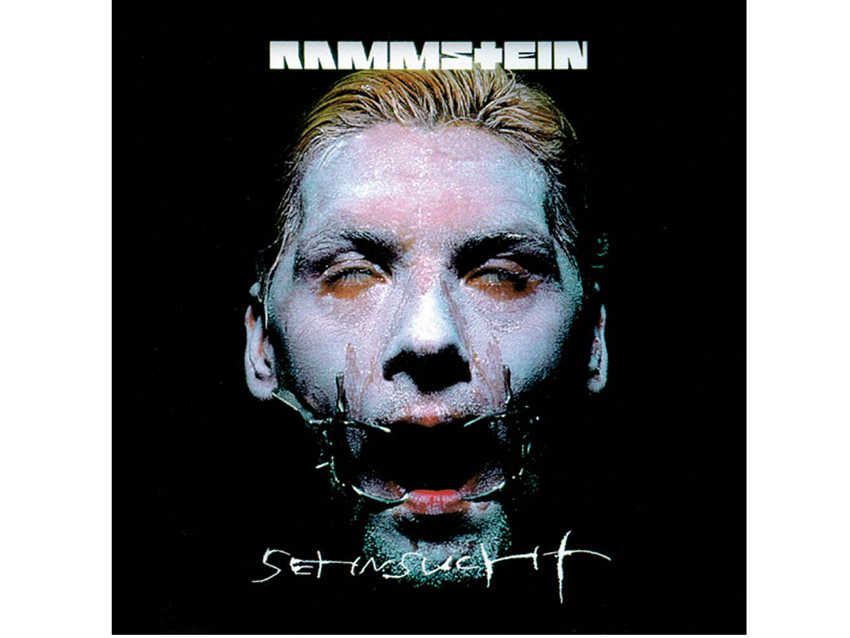
Rammstein - Sehnsucht (1997)
“The actual guitar work is something that might not stick out as being extraordinary or anything. It’s good, but Yngwie Malmsteen wouldn’t listen to it and think that he has to practice; there’s no incredible solos or sweep picking and that kind of thing. But there is a lot of intense rhythm playing, and it’s pure heavy metal with tons of attitude.
“The marching style, the beats, the way that the guitar rhythms just power through it all – you feel like you’re driving a tank when you listen to it. It gets you pumped up to play some really hard and heavy stuff on the guitar, and that's what it's all about.”
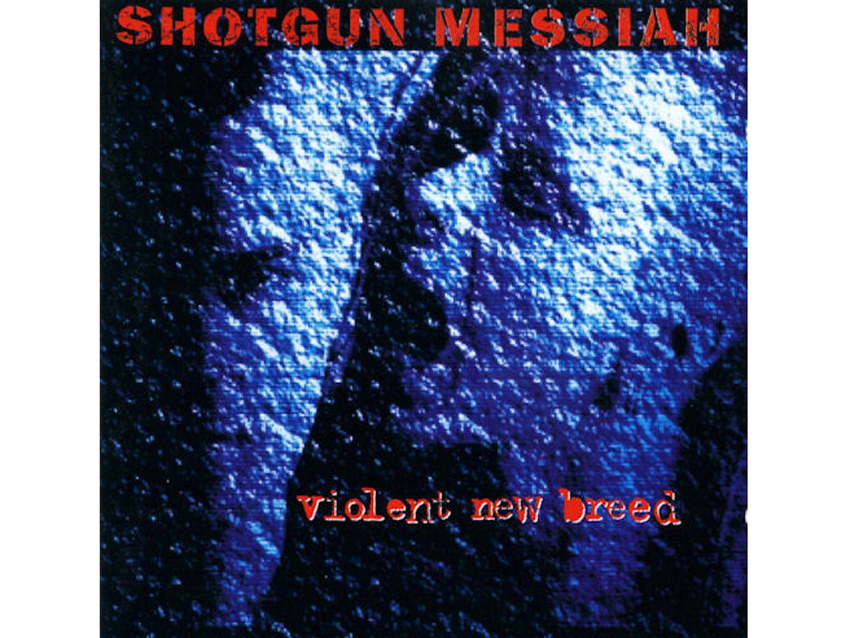
Shotgun Messiah - Violent New Breed (1993)
“I never really liked the band, and I can’t say that I’ve listened to this album in at least 10 years, but when it came out, it had a profound effect on me. There was something about Harry Cody, the guitarist – he was one of those guys who could play anything with real authority.
“The band were kind of glam metal on the first two albums, and I wasn’t into that, but they took a left turn on this one and made something that was more industrial. And the guitar playing was just balls out! The tone, the licks, the solos – everything you could want.
“This came out during the grunge period, or maybe when grunge was starting to age a bit. I wasn’t too thrilled about guitar playing in general during this time, but a couple of bands and albums signaled to me that help was on the way. Violent New Breed was one of those records."

Joe is a freelance journalist who has, over the past few decades, interviewed hundreds of guitarists for Guitar World, Guitar Player, MusicRadar and Classic Rock. He is also a former editor of Guitar World, contributing writer for Guitar Aficionado and VP of A&R for Island Records. He’s an enthusiastic guitarist, but he’s nowhere near the likes of the people he interviews. Surprisingly, his skills are more suited to the drums. If you need a drummer for your Beatles tribute band, look him up.
"Reggae is more freeform than the blues. But more important, reggae is for everyone": Bob Marley and the Wailers' Catch a Fire, track-by-track
“Part of a beautiful American tradition”: A music theory expert explains the country roots of Beyoncé’s Texas Hold ‘Em, and why it also owes a debt to the blues
"Reggae is more freeform than the blues. But more important, reggae is for everyone": Bob Marley and the Wailers' Catch a Fire, track-by-track
“Part of a beautiful American tradition”: A music theory expert explains the country roots of Beyoncé’s Texas Hold ‘Em, and why it also owes a debt to the blues









